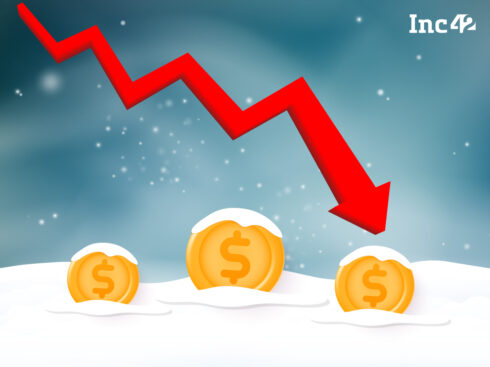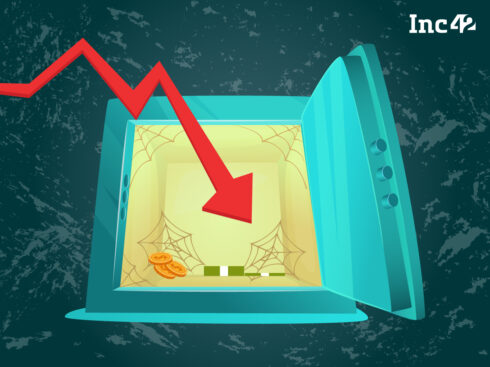
SUMMARY
As Part Of The Programme, Selected Startups Will Have Access To Mentors From Japan, India And The US
Jindal Stainless, in collaboration with Japanese VC firm ANEW Holdings, has launched an accelerator programme for agritech startups. Located in Gurugram, the initiative is aimed at strengthening ties between the two countries.
The newly-established accelerator will provide Indian agritech startups with access to networks and collaborations with Japanese companies. As part of the three-month-long intensive programme, participants will also get the chance to interact with experienced mentors from Japan, India and the US.
The programme was inaugurated in the presence of Deepika Jindal, Chairperson of Jindal Stainless Foundation and ANEW Holdings CEO Yuji Fujinaga.
Shedding some light on the vision behind the initiative, Fujinaga highlighted that the ultimate goal is to promote disruptive agritech startups globally and foster social impact through innovations. The accelerator is particularly looking at promising new companies that are working to increase the income of farmers across India.
The focus, according to Fujinaga of ANEW Holdings, is on ground-breaking technologies like drones, water irrigation systems and machines for spraying fertilisers, among others.
Speaking at the launch, Deepika stated, “Over the past months we have been exploring various opportunities to bring stakeholders together and discuss on how we can develop and share good agriculture practices and also create opportunities for downstream industry to meet the agriculture requirements for specific needs of marginal farmers. With the launch of this programme, we wanted to additionally reverse the migration of next generation farmers who are gradually losing interest in farming and looking for alternative options.”
Upon successful conclusion of the accelerator programme, participating startups will be offered the chance to raise funding from Seed stage investors and venture partners such as US-based Rockies Venture Club, 3Lines Venture Fund and similar firms in India, Japan and other countries.
Selected agritech startups will be able to avail practical orientation at laboratories across the country. With help from mentors, these companies will get the opportunity to build innovative farmer need-based technologies, geared towards bringing down input costs and enhancing productivity.
Farm equipment and technologies developed as part of the accelerator programme will be easily reproducible and scalable across different geographies and manufacturing processes.
As stated by Deepika, the accelerator programme is a follow up to the CSR Project by Jindal Stainless known as “Project Krishi Unnati”. Launched in partnership with the Confederation of Indian Industry (CII) on June 8, the project is intended to increase farmers’ income in the next five years, starting with Jaipur district.
What The Govt. And Other Accelerator Programmes Are Doing For Agritech Startups
With more than 58% of the rural population relying on agriculture for sustenance, India currently ranks second globally in terms of farm output. According to an IBEF report, in FY17, agriculture accounted for over $1,640 Bn (INR 1.11 Tn) of the country’s GDP. Agricultural exports increased from $24.7 Bn in 2011-12 to $32.08 Bn in 2015-16; a CAGR growth of more than 6.75%.
As per Inc42 Datalabs, the size of agriculture and allied activities in the country underwent a near-100% growth between FY14 and FY15. Of the 250-plus agritech startups, 53 raked in $313 Mn funding in 2016 alone. Investors that are active in the agritech space include Omnivore Partners, FVCCL, IDG Venture, Accel Partners, Aspada Investments, IvyCap Ventures, SAIF Partners, Villgro Innovations Foundation and others.
To bolster the country’s agricultural production, the government has launched an array of schemes to facilitate the market’s growth. For instance, in the 2017-18 Union Budget, the total allocation for agricultural and allied sectors increased by more than 24% to around $28.1 Bn (INR 1,87,233 Cr).
In November 2016, Hyderabad government-backed startup incubator T-Hub announced the launch of an ‘AgriTech Accelerator Program’ in partnership with ICRISAT (International Crops Research Institute for the Semi-Arid-Tropics). Most recently, in August this year, the Indian government started AGRI UDAAN – Food and Agribusiness Accelerator 2.0 for offering mentorship services to agri startups in the country.
The newly-launched accelerator programme by Jindal Stainless and ANEW Holdings is actually in line with the Government of India’s vision to double the average income of Indian farmers by 2022. To be able to attain this ambitious goal, the government will have to seek the help of innovative and disruptive agritech startups emerging in the country.


























